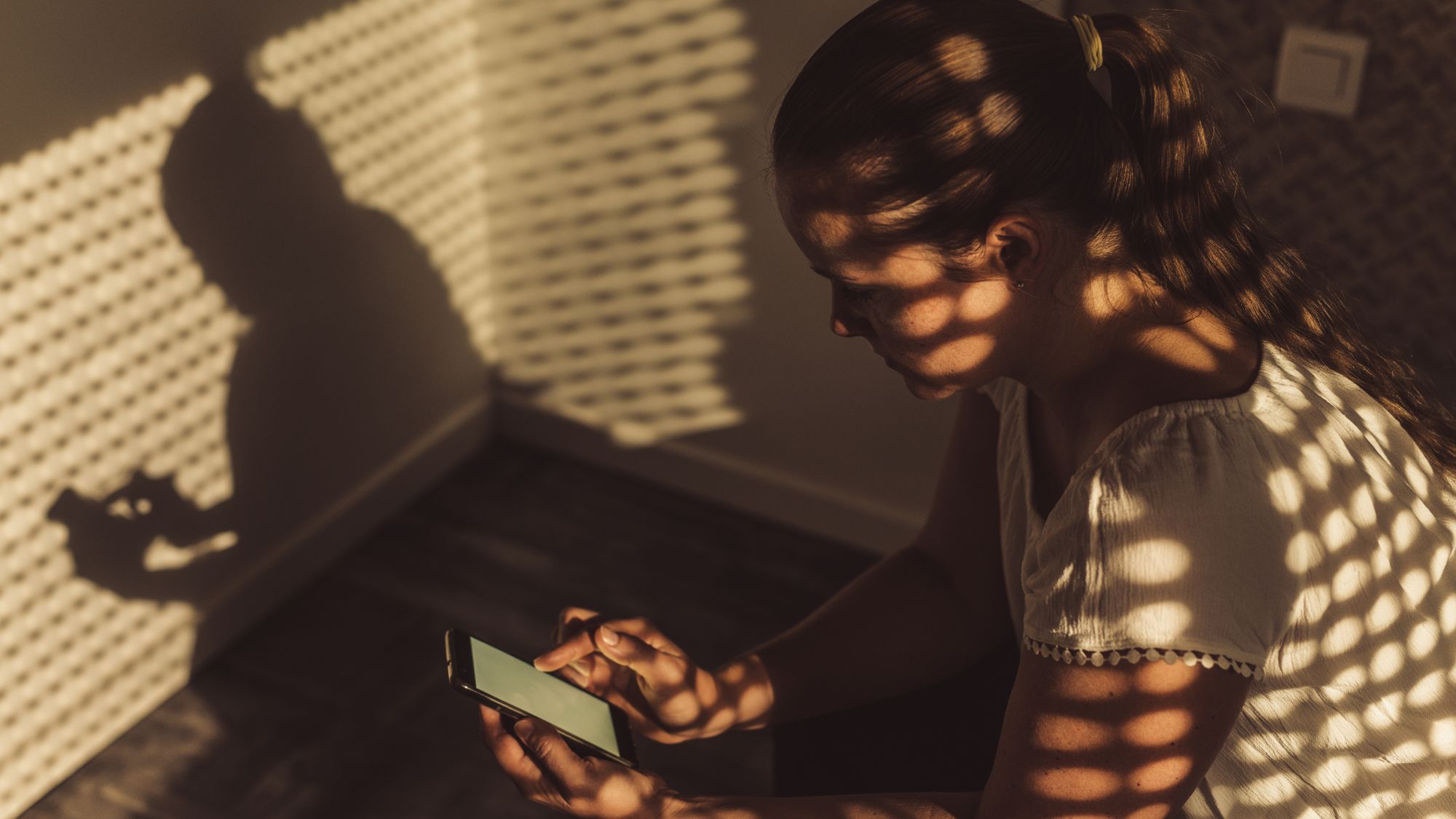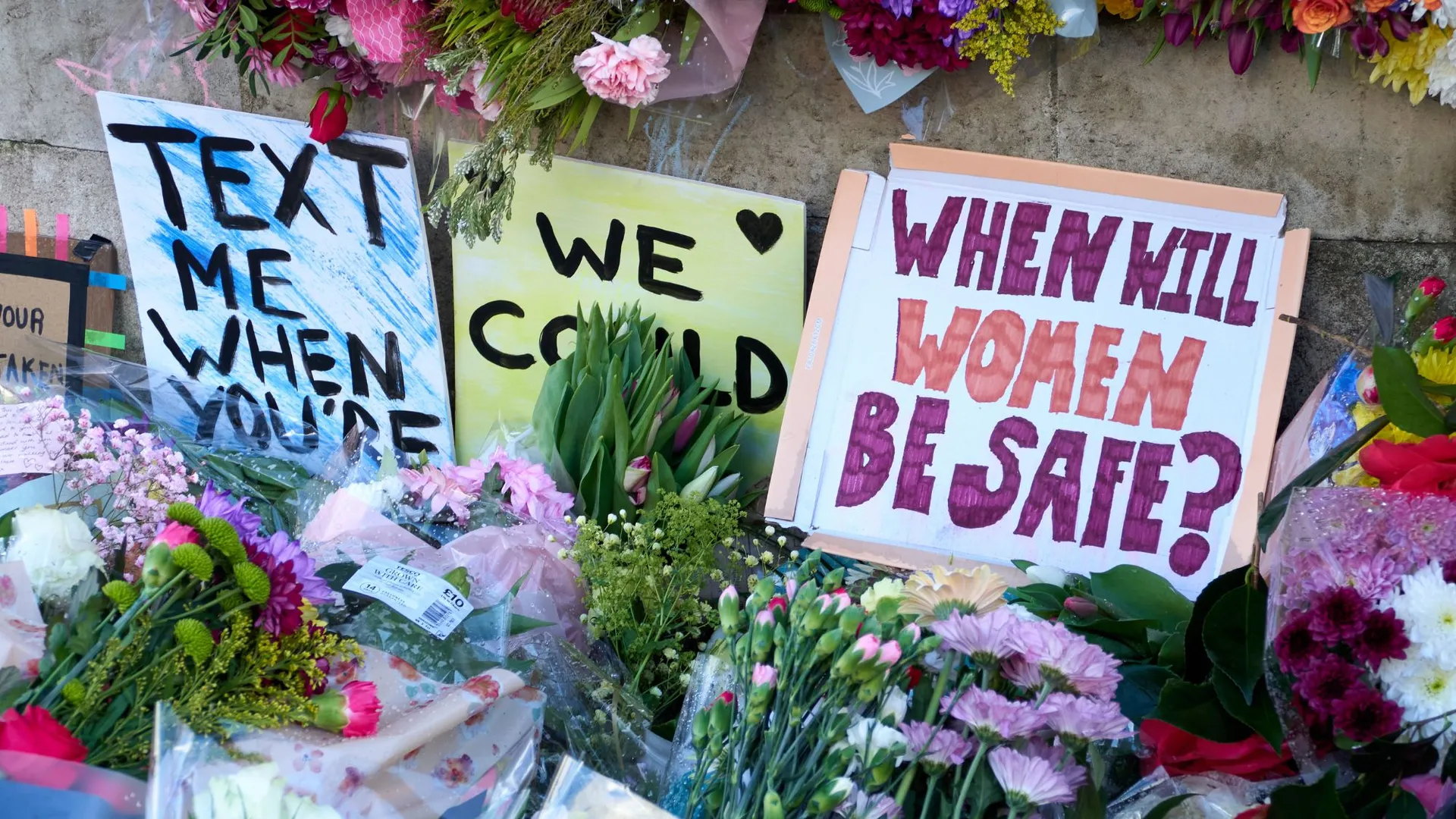A woman called the police pretending to order a pizza—she was actually being threatened by her abusive partner
The quick-thinking phone operator is proof that domestic abuse training for police is not only important, it’s life-saving.


“Do you require a pizza delivery or the police?” asks a police emergency call handler after a woman called 999 asking to order a pizza.
Instead of hanging up or assuming it was a hoax, the female operator immediately switched into action mode, going along with the caller’s disguised cry for help.
By brilliantly asking the caller to respond to questions that wouldn’t raise suspicion—such as advising the woman to respond “pepperoni” if her partner had threatened her, or “cheese” if he’d threatened the children—the police operator was able to safely gather information and then dispatch officers.
The audio, which has been released by The Met Police with an actor voicing the words of the 999 caller, makes for harrowing listening. It’s terrifying to consider what might’ve happened had the woman on the other end of the phone not recognised the danger and urgency of the situation.
The clip, which has been viewed 79.2k times on The Met’s Instagram account and a further 511k times on The Independent’s Instagram, has been met with widespread praise. Though many commentators on social media have questioned whether the outcome would have been the same had a male operator answered.
A post shared by Metropolitan Police (@metpolice_uk)
A photo posted by on
The police record a domestic abuse offence every 40 seconds in the UK, according to statistics from Refuge. Furthermore, 20% of children in the UK have lived with an adult perpetrating domestic abuse.
We know that domestic abuse and gender-based violence have reached epidemic levels and this latest incidence is proof that training is crucial if Labour is to “halve violence against women and girls within a decade” as Keir Starmer has pledged.
Celebrity news, beauty, fashion advice, and fascinating features, delivered straight to your inbox!
Police officers are often the first responders to domestic abuse cases, and their role in handling these cases is crucial. Women’s charities have shared countless examples of women being deterred from reporting domestic abuse because of the treatment they’ve experienced by police forces.
Victims of abuse often struggle to leave their abusers—a woman will leave, on average, seven times before she does it for good—due to fear, manipulation, or a lack of resources. Officers who are not trained may mistakenly view these behaviours as complicity or confusion, rather than recognising them as symptoms of coercion or fear. Victim blaming, as we have seen in the cases of Nikita Hand and Cassie is often another huge obstacle women face when reporting crimes, especially when it comes to something as shadowy as domestic abuse. “There are still far too many people across the country who regard domestic abuse as a private matter,” Hestia’s Sue Harper told us.

Training in domestic abuse allows officers to break free from these misconceptions and adopt a more empathetic, victim-centered approach. Yet, at the time of writing, there is no ring-fenced funding for women’s services—something that those in the sector have long campaigned for.
Without adequate and ongoing training, officers may miss critical warning signs or fail to fully grasp the complexity of the situation.
Though it makes for difficult listening, it’s reassuring to see this police call handler respond with bravery and quick thinking. But as this call proved, domestic abuse isn’t always obvious. It doesn’t always involve physical violence, and it often occurs behind closed doors, making it difficult for even trained professionals to identify.
Domestic abuse training is not just a ‘nice-to-have’ but a fundamental aspect of modern policing. By providing officers with the knowledge, skills, and emotional support necessary to handle domestic abuse cases effectively, police forces can ensure that victims are treated with dignity and respect, perpetrators are held accountable, and communities are safer.
The outcome of this call so easily could have been different, so while the female call handler deserves our praise, we should also look at this as a warning sign.
If you, or someone you know, is suffering domestic abuse, you can contact the national domestic abuse helpline on 0808 2000 247 or visit Women’s Aid or Refuge.
Anyone in immediate danger should always call 999.
Anyone looking for a space in a domestic abuse refuge can contact the Freephone National Domestic Abuse Helpline on 0808 2000 247, 24 hours a day, 7 days a week.

Mischa Anouk Smith is the News and Features Editor of Marie Claire UK.
From personal essays to purpose-driven stories, reported studies, and interviews with celebrities like Rosie Huntington-Whiteley and designers including Dries Van Noten, Mischa has been featured in publications such as Refinery29, Stylist and Dazed. Her work explores what it means to be a woman today and sits at the intersection of culture and style. In the spirit of eclecticism, she has also written about NFTs, mental health and the rise of AI bands.